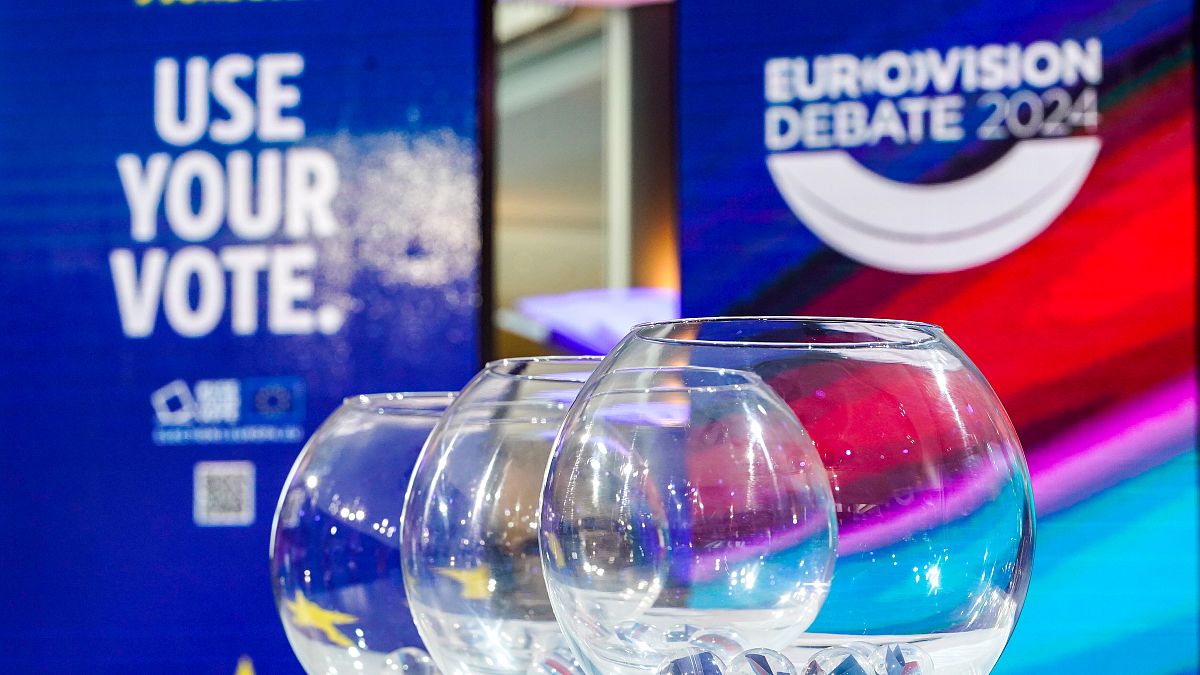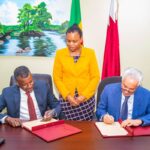In a highly anticipated live debate organized by the European Broadcasting Union (EBU) and broadcast on Euronews, five prominent candidates will discuss key issues such as climate change, migration, and security ahead of the European elections. The debate, scheduled for May 23 at 15:00 CEST, will feature candidates from various political parties vying for the position of European Commission presidency. Among the candidates are German MEP Ursula von der Leyen of the European People’s Party, Nicolas Schmit of the Social Democratic Party, Sandro Gozi MEP of Renew Europe, Terry Reintke MEP of the Green group, and Walter Baier of the European Left.
The debate will take place in a television studio setting with an audience of 900 people. The candidates will have the opportunity to present their ideas and solutions to the public on key issues impacting Europe. The moderators of the debate, Annelies Beck and Martin Řezezníček, emphasize the importance of citizen participation in the discussion. Questions from citizens via social networks or from young people casting their first votes will be included in the debate format. In addition to addressing major policy areas, the candidates will engage in three-minute one-on-one interviews to delve deeper into their policy proposals.
However, the absence of representatives from certain political groups has caused dissatisfaction among the far-right Identity and Democracy (ID), European Conservatives and Reformists (ECR), and European Free Alliance (EFA). The EBU cited the refusal of these groups to nominate a leading candidate as the reason for their exclusion from the debate. ID MEP Anders Vistisen accuses the organizers of political censorship, arguing that the exclusion impacts a significant portion of European voters. The EBU defended its decision, stating that all represented groups in the European Parliament were given the opportunity to propose a lead candidate. In the case of the EFA, Terry Reintke of the European Greens was chosen as the lead candidate, leading to the exclusion of EFA candidate Maylis Roßberg.
Overall, the debate promises to offer a platform for the candidates to outline their visions for the future of Europe and address pressing issues facing the continent. With an emphasis on citizen participation and in-depth discussions on key policy areas, the debate aims to engage voters and provide insights into the different candidates’ approaches to governance. Despite controversy surrounding the exclusion of certain political groups, the debate is expected to be a pivotal event in the lead-up to the European elections, offering voters a closer look at the candidates vying for leadership positions within the European Commission.










